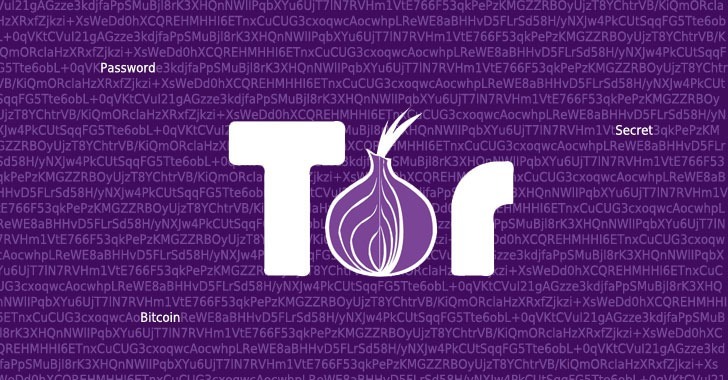Beyond WikiLeaks: The Next Generation of Dark Web Whistleblowing Platforms

|
When WikiLeaks emerged in the mid-2000s, it revolutionized whistleblowing. The platform gave whistleblowers a way to expose classified documents while maintaining anonymity. Its impact was undeniable—governments, corporations, and intelligence agencies were forced into damage control after major leaks. But WikiLeaks has changed. With Julian Assange facing legal battles and the platform becoming a high-profile target for surveillance and political pressure, the need for newer, more resilient whistleblowing platforms has grown. The dark web has become the new home for next-generation whistleblowing sites, designed to improve on WikiLeaks' weaknesses while offering stronger anonymity and security. The Limitations of WikiLeaksWikiLeaks paved the way for anonymous whistleblowing, but it faced significant challenges that made it vulnerable. 1. Centralized ControlDespite its reliance on decentralized networks, WikiLeaks functioned as a single organization with Assange as its public face. This centralization made it:
New whistleblowing platforms are shifting toward decentralization to prevent the same weaknesses. 2. Trust Issues and Political Bias AllegationsWhile WikiLeaks started as a transparency-focused organization, critics have accused it of:
For whistleblowers, this raises concerns about whether a platform can remain neutral and independent over time. 3. Legal and Security ThreatsWikiLeaks’ high profile made it a prime target for surveillance, cyberattacks, and criminal investigations. As a result:
Next-generation platforms aim to address these issues by distributing control, improving anonymity, and removing single points of failure The New Wave of Dark Web Whistleblowing PlatformsSeveral platforms have emerged on the dark web to provide better security and anonymity for whistleblowers. These platforms are designed to withstand government takedowns and protect sources more effectively than WikiLeaks ever could. 1. SecureDrop: The Standard for Investigative JournalismSecureDrop is one of the most widely used dark web whistleblowing tools today. Unlike WikiLeaks, which acts as a public leak repository, SecureDrop is a private submission platform used by trusted media outlets.
Whistleblowers prefer SecureDrop when they want direct contact with reputable journalists rather than relying on an independent leak site. 2. GlobaLeaks: Decentralized WhistleblowingGlobaLeaks is another alternative focused on decentralization. Unlike WikiLeaks, which has a single organization running it, GlobaLeaks allows:
Governments, NGOs, and media outlets use GlobaLeaks to create secure reporting portals that operate outside traditional channels. 3. DDoSecrets (Distributed Denial of Secrets)DDoSecrets has positioned itself as a next-generation WikiLeaks alternative. This organization:
Unlike WikiLeaks, which is selective about what it releases, DDoSecrets emphasizes open-source access to leaked information, making its data available to journalists and researchers worldwide. How Next-Gen Whistleblowing Platforms Improve SecurityWith increased government surveillance and cyber threats, the latest whistleblowing platforms have implemented advanced security features to protect both journalists and sources. 1. Fully Anonymous Submission SystemsNew platforms use multi-layered encryption to protect whistleblowers. Some of the most effective measures include:
2. Decentralized Hosting and Blockchain StorageUnlike WikiLeaks, which relied on a small number of servers, new platforms distribute data across multiple nodes, making takedowns almost impossible.
3. AI-Based Threat DetectionSome emerging whistleblowing platforms integrate AI-powered security systems to:
These tools make modern whistleblowing platforms more resistant to cyberattacks than previous generations. The Future of Dark Web WhistleblowingThe next generation of whistleblowing platforms is more decentralized, secure, and resistant to censorship than ever before. Governments continue to develop new surveillance tactics, but dark web developers are constantly improving anonymity tools, encryption methods, and data distribution strategies. With WikiLeaks no longer the dominant force in anonymous leaks, a new era of whistleblowing platforms is rising—and they are harder to silence than ever. |
Making Torry Possible
Thanks to the privacy contributions from the following foundations. Torry is able to maintain a strong goal towards a private.

